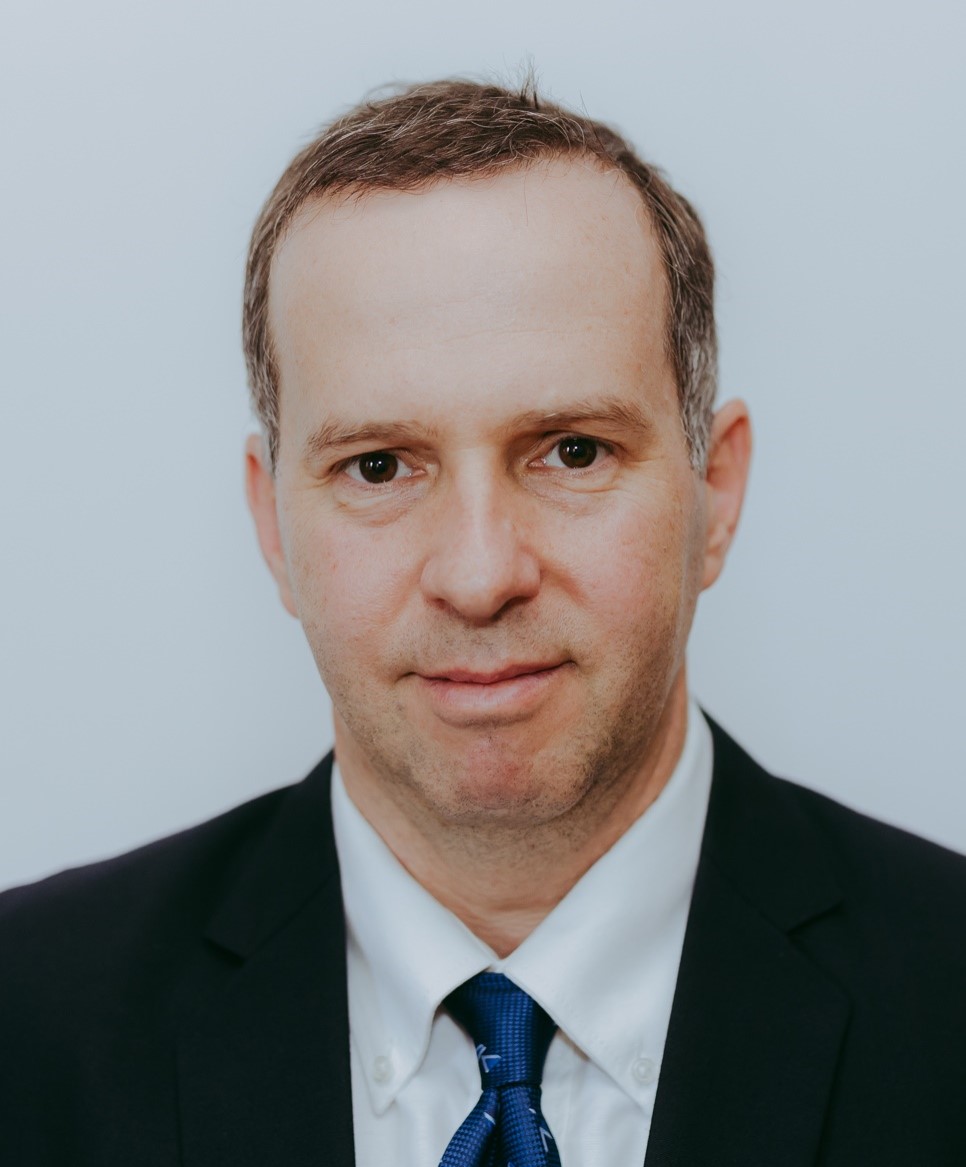Bálint Kiss lecture "On robustification of non-linear control methods for mechatronic systems"
Remote lecture for the Polish Chapter IEEE RAS
Date and Time
Location
Hosts
Registration
-
 Add Event to Calendar
Add Event to Calendar
Loading virtual attendance info...
Speakers
Bálint Kiss of Budapest University of Technology and Economics, Hungary
On robustification of non-linear control methods for mechatronic systems
Talk Synopsis
The talk focuses on a control issue arising in mechatronic systems, considering here especially fully actuated robots and underactuated cranes where tracking of a reference trajectory must be ensured despite parameter uncertainties. The differential flatness property which allows exact linearization (known as computed torque method in robotics) is a useful feature of a large class of mechatronic systems which can be exploited in trajectory design and in guaranteeing its exponential tracking for the nominal system. However, uncertain parameters (including load inertia and friction terms) may hinder its application. The talk presents two methods to overcome this difficulty: sliding mode control and H-infinity-based robustification. The applicability of these methods and experimental results are presented.
Biography:
Dr. Bálint Kiss obtained his MSc and PhD degrees in 1996 (Budapest University of Technology - BME, Hungary) and 2001 (Ecole des Mines de Paris, France), respectively. He is teaching robotics and control engineering at the Faculty of Electrical Engineering and Informatics of BME and heading the Department of Control Engineering and Information Technology. His research interests include nonlinear control methods, motion planning, and autonomous systems. He published more than 180 scientific papers and supervised more than 200 graduate students. Dr. Kiss is also involved in collaborative projects with industrial partners, aiming to bridge the gap between academic theoretical research and practical applications.


